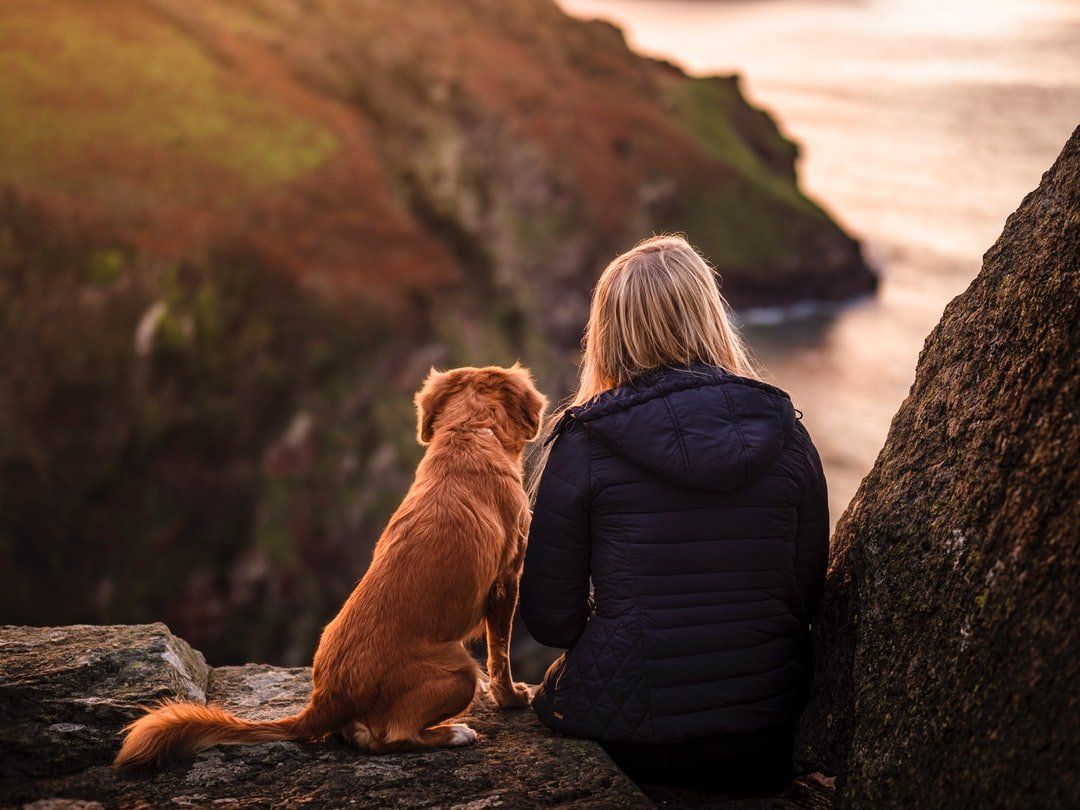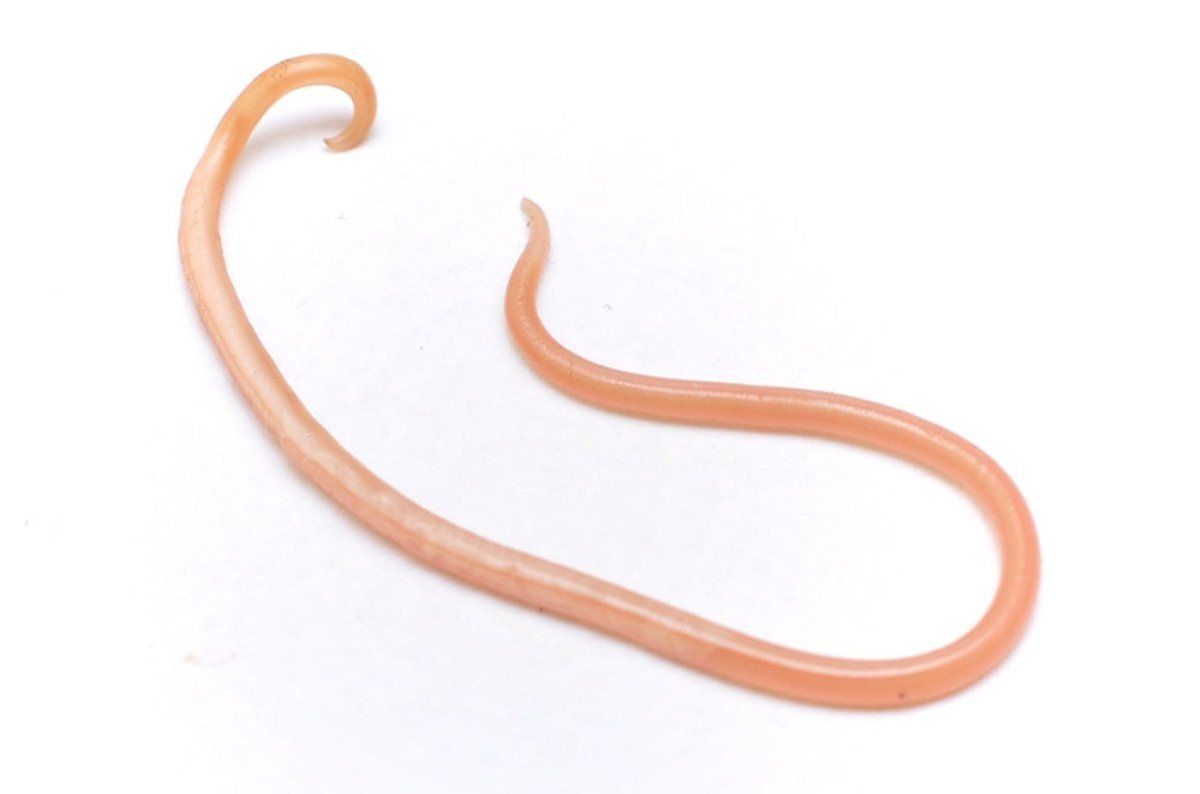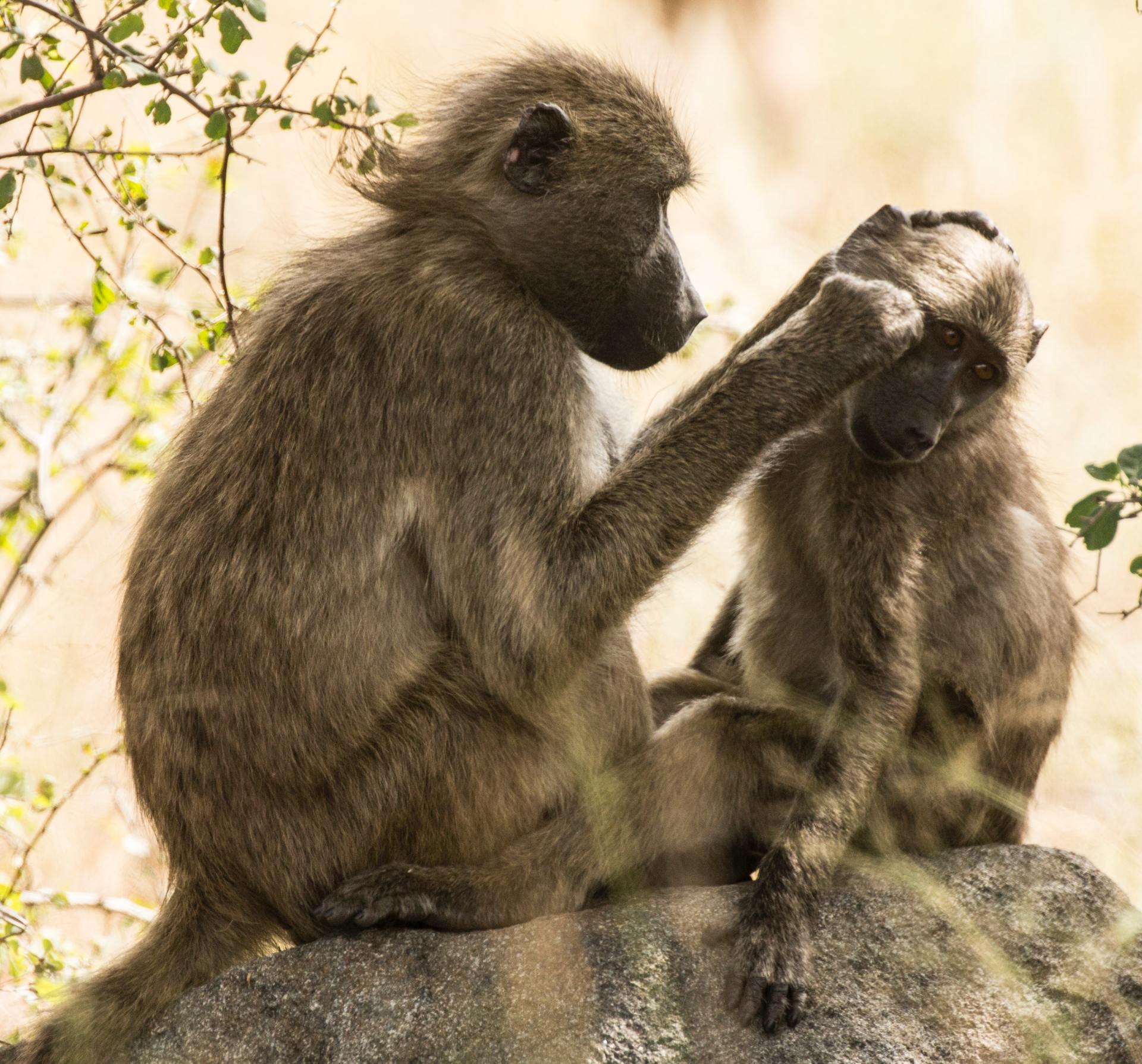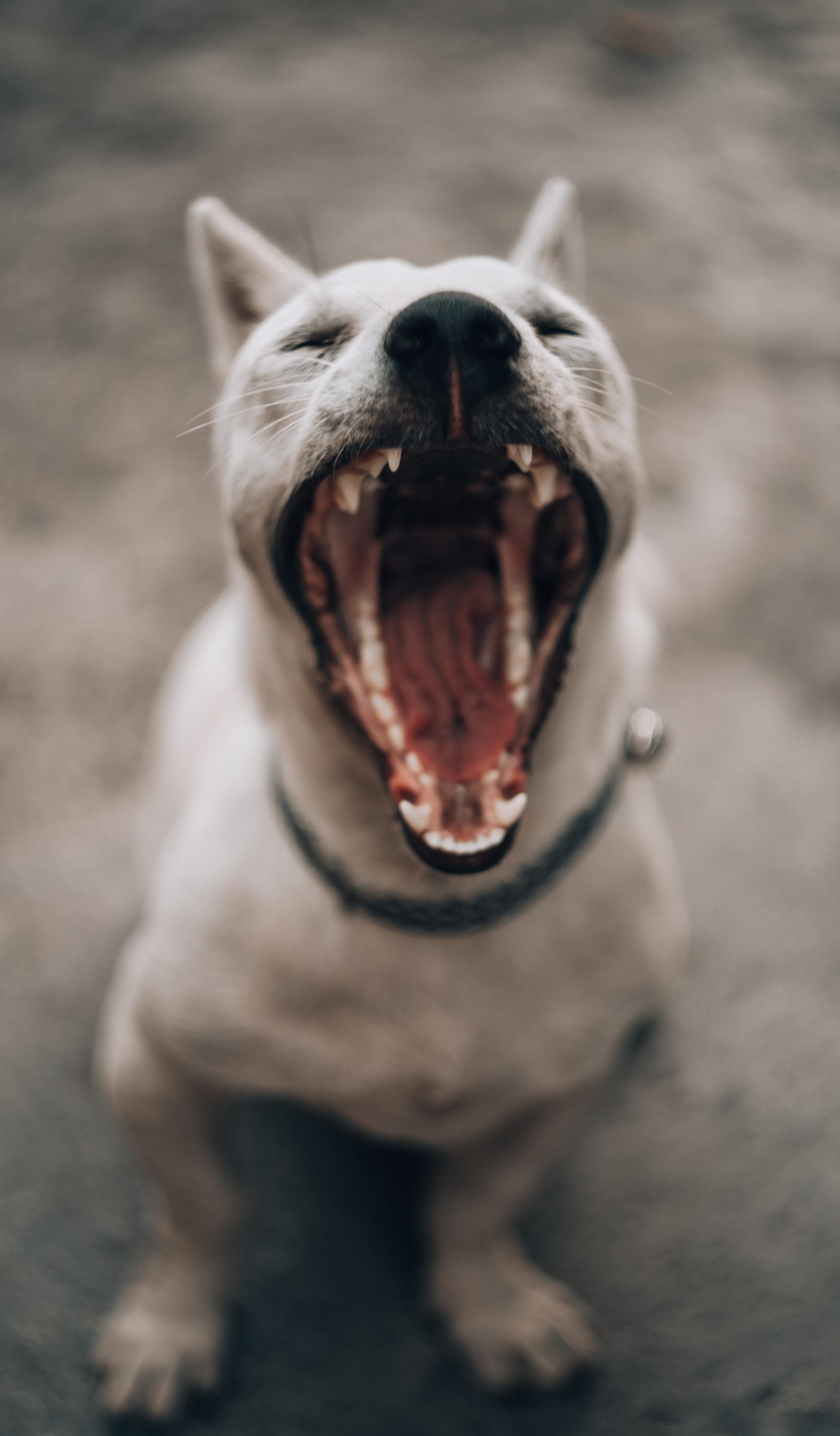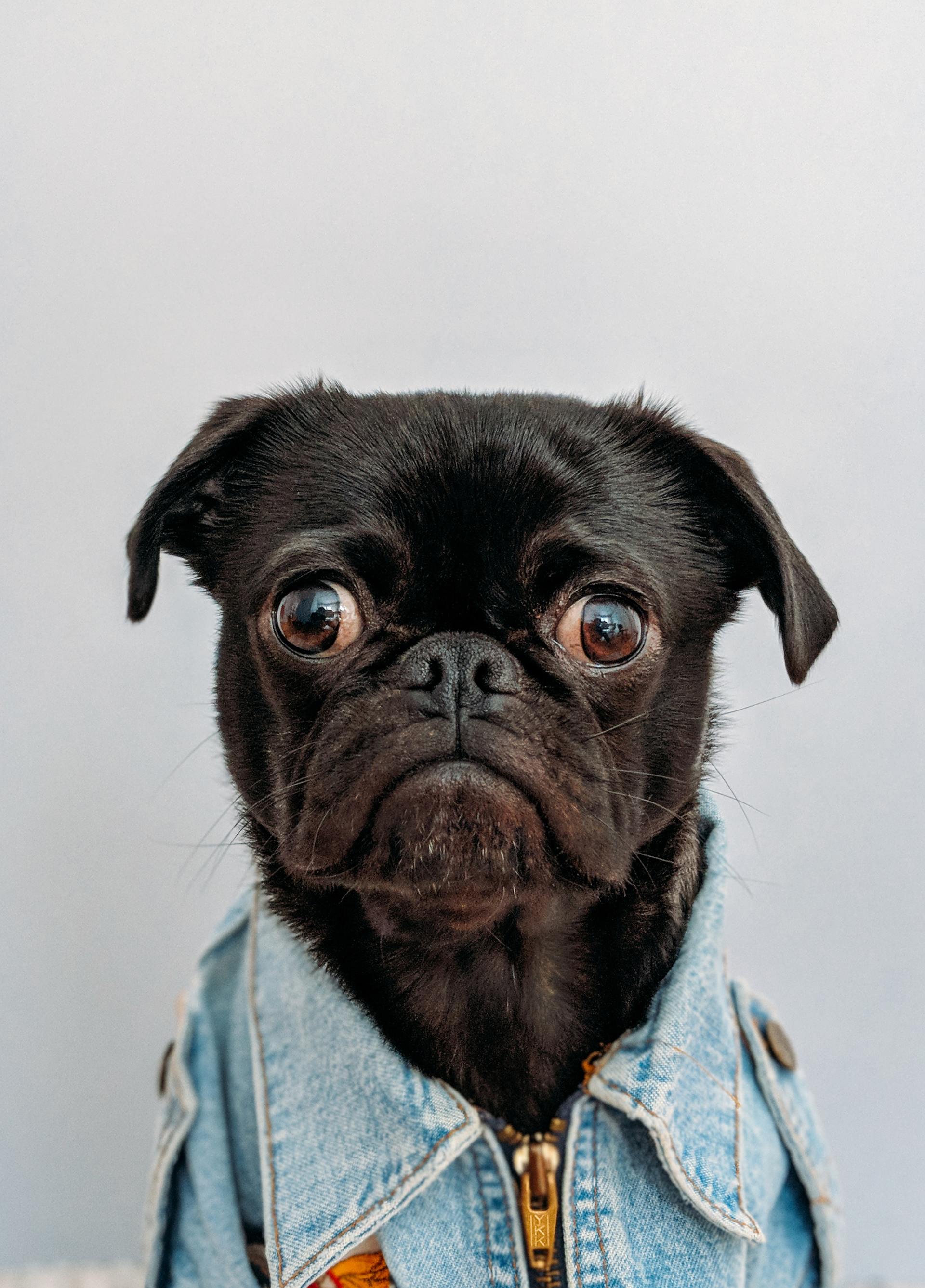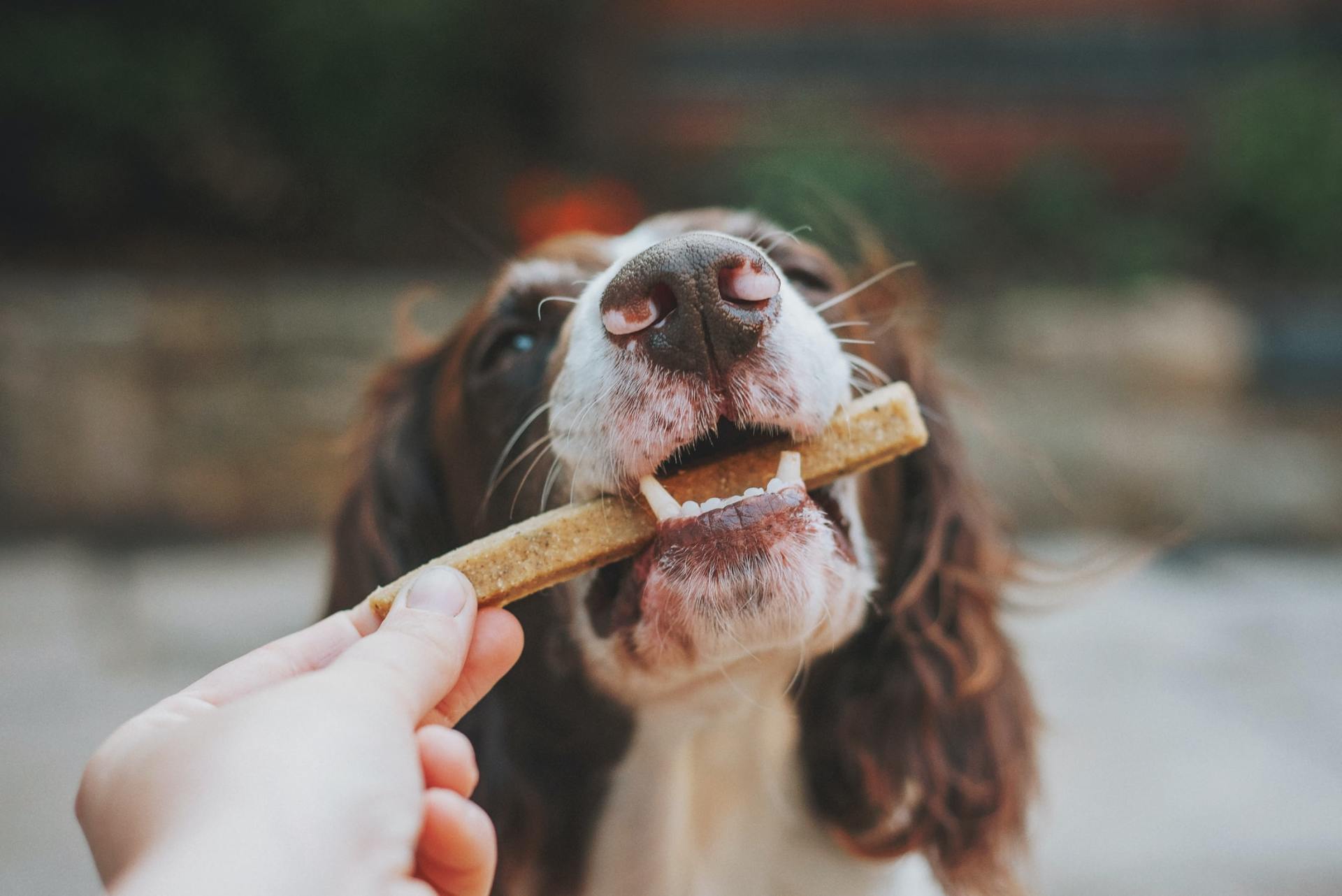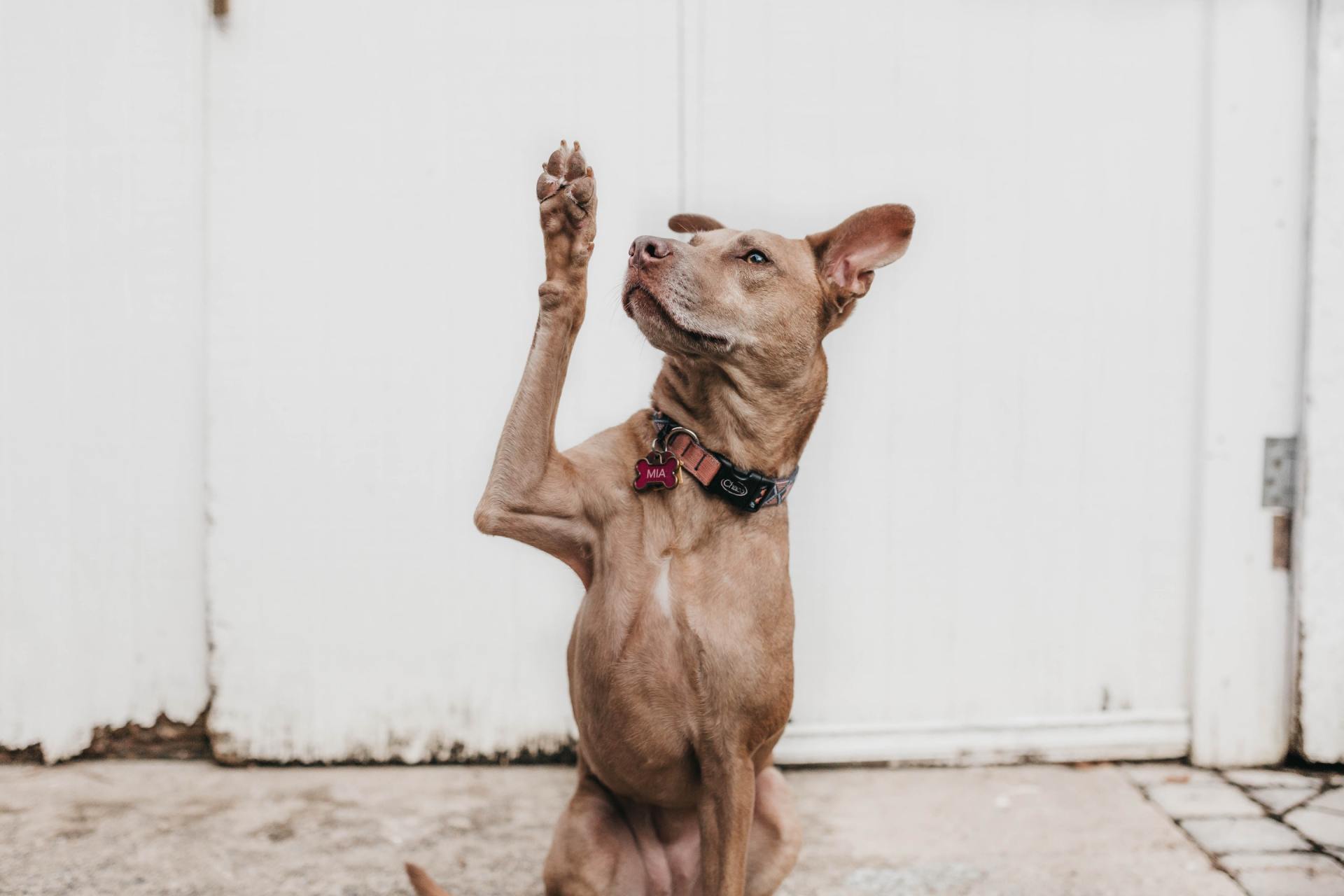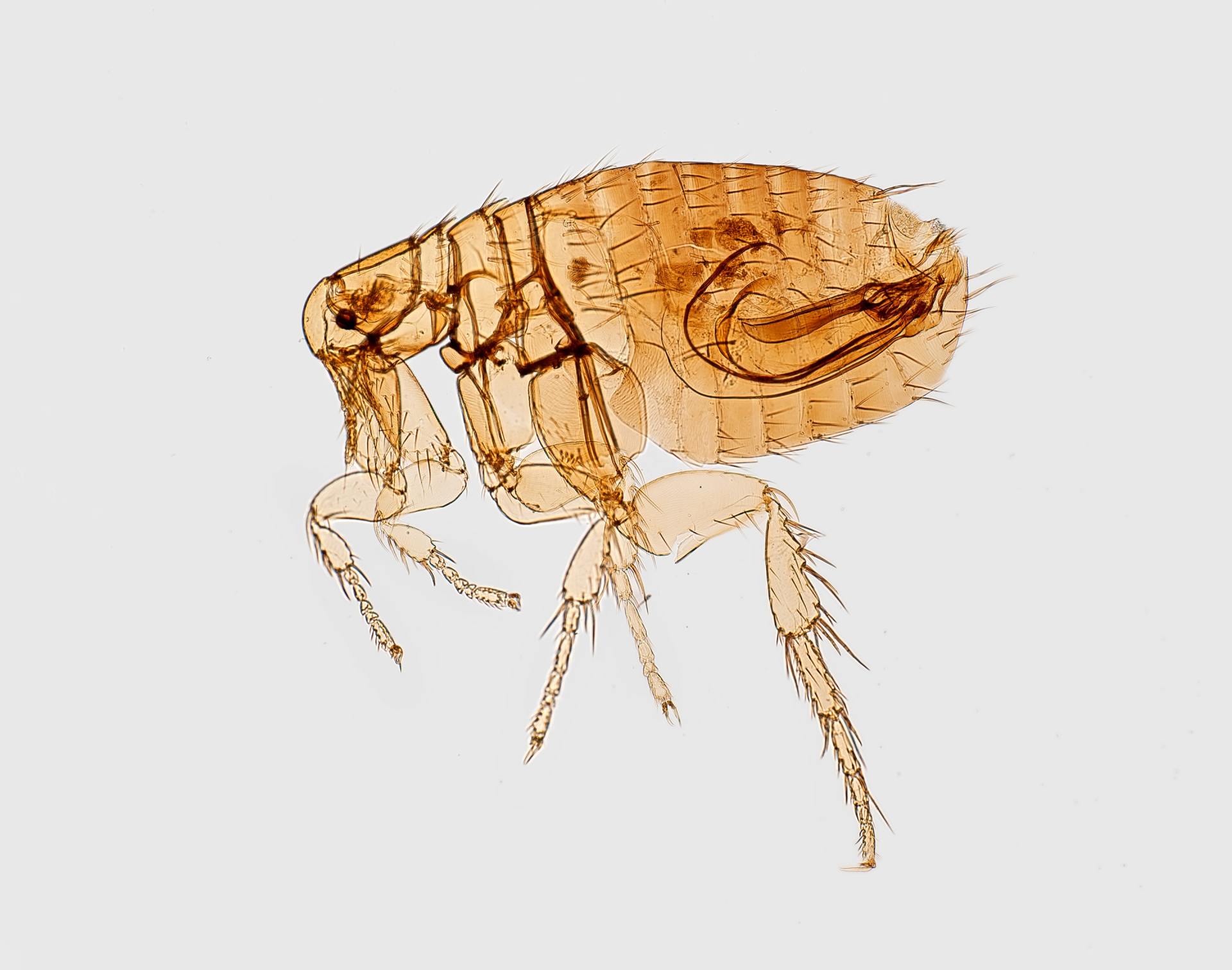Parvovirus
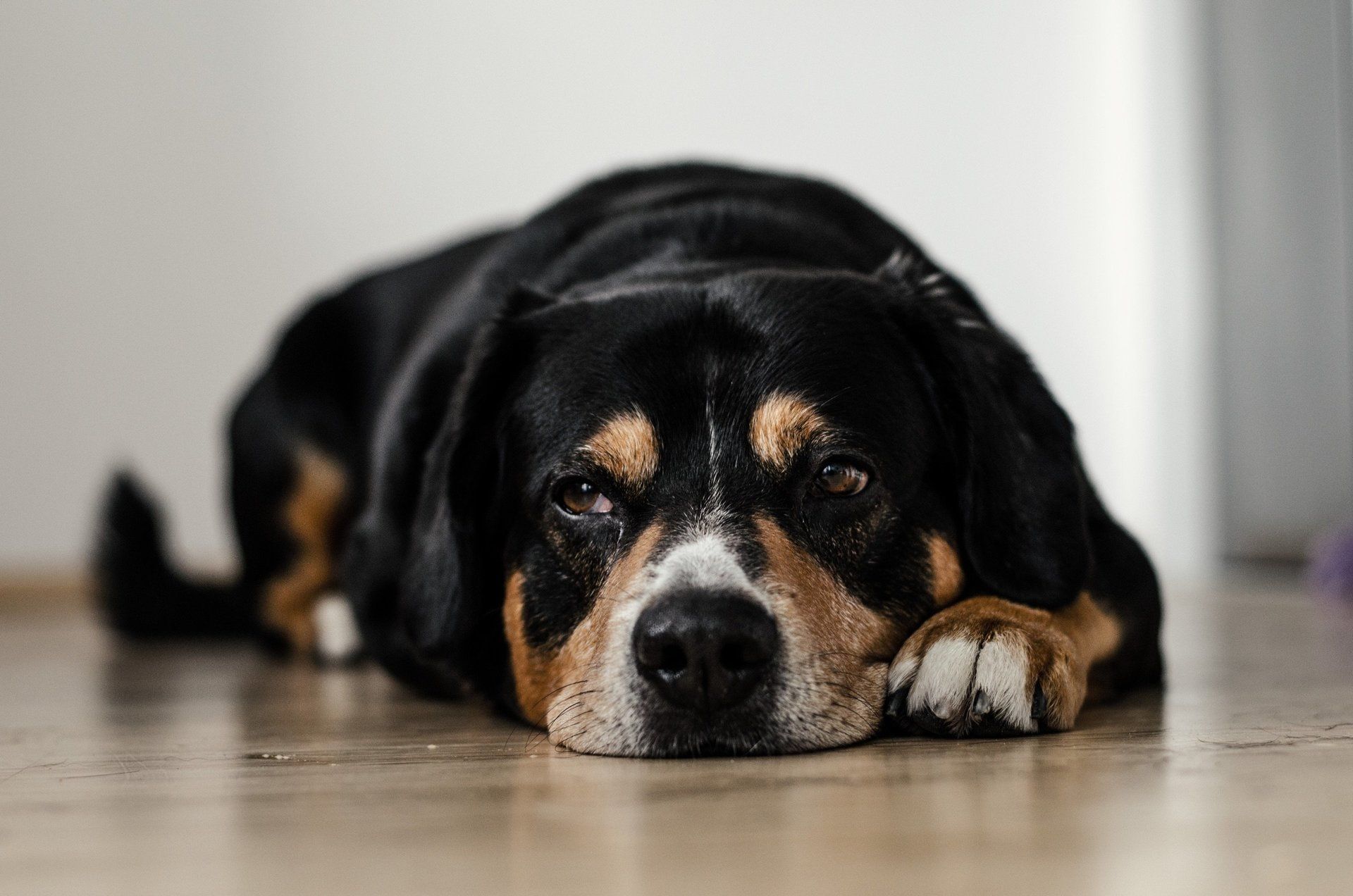
The fact that it so hardy and so easily spread is what makes parvo so devestating, as this means the virus can contaminate the hands and clothing of people who handle infected dogs, kennel surfaces, food and water bowls, collars and leashes, and you can even bring it home on the bottom of your shoes if you have walked through a contaminated environment. And if wandering dogs or strays are shedding parvo then the contaminated areas can be extensive.Parvovirus is treatable but its difficult and expensive, and unfortunately not always with a successful outcome, particularly in unvaccinated puppies.
Signs that your dog may have Parvo may include vomiting and bloody diarrhoea severe abdominal pain and lethargy. If your dog is showing any of these signs seek veterinary advice immediately.
So now for some good news – Parvo Virus is easily preventable with a really effective vaccination. Puppies require two vaccinations at 6 and 12 weeks of age ( and often a third in areas with regular parvo outbreaks) and then once a year for life. This once a year vaccination also protects your pooch from other canine viruses such as distemper, infectious hepatitis and kennel cough. So if your family was lucky enough to expand by a puppy over the christmas break, then please check if it has already been vaccinated and when it is next due, because there is nothing sadder for us than seeing a desperatly ill little puppy sick with a life threatening disease that so easily could have been prevented.
